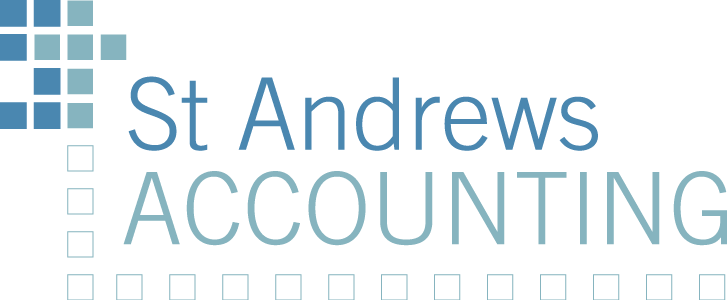Annual information
The 2021 financial year has finished and I am in the process of completing tax returns at the moment. If I haven’t already been in touch regarding your information don’t stress! I will contact you shortly to make sure I have everything I need to get your tax return done.
Latest From IRD
IRD often target different groups of taxpayers to investigate. At the moment they are targeting real estate agents and those in the construction industry. Here is the latest update from IRD:
“We have identified that real estate salespersons/agents are claiming a high level of expenses relative to their income. We believe that people are claiming private expenses but not keeping logbooks or other business records to support a deduction.”
“As a tax professional, we’re writing to let you know about our construction industry education campaign. The purpose of the campaign is to engage with those in the construction industry to ensure they’re ‘getting it right from the start’ and support them in understanding their tax obligations if they undertake cash transactions.”
If you know any real estate agents or builders, ask them if they’re doing anything dodgy tax-wise. If they are, they could be in real trouble with the IRD and give them my contact details if they need tax advice.
Regards –
Andrew
